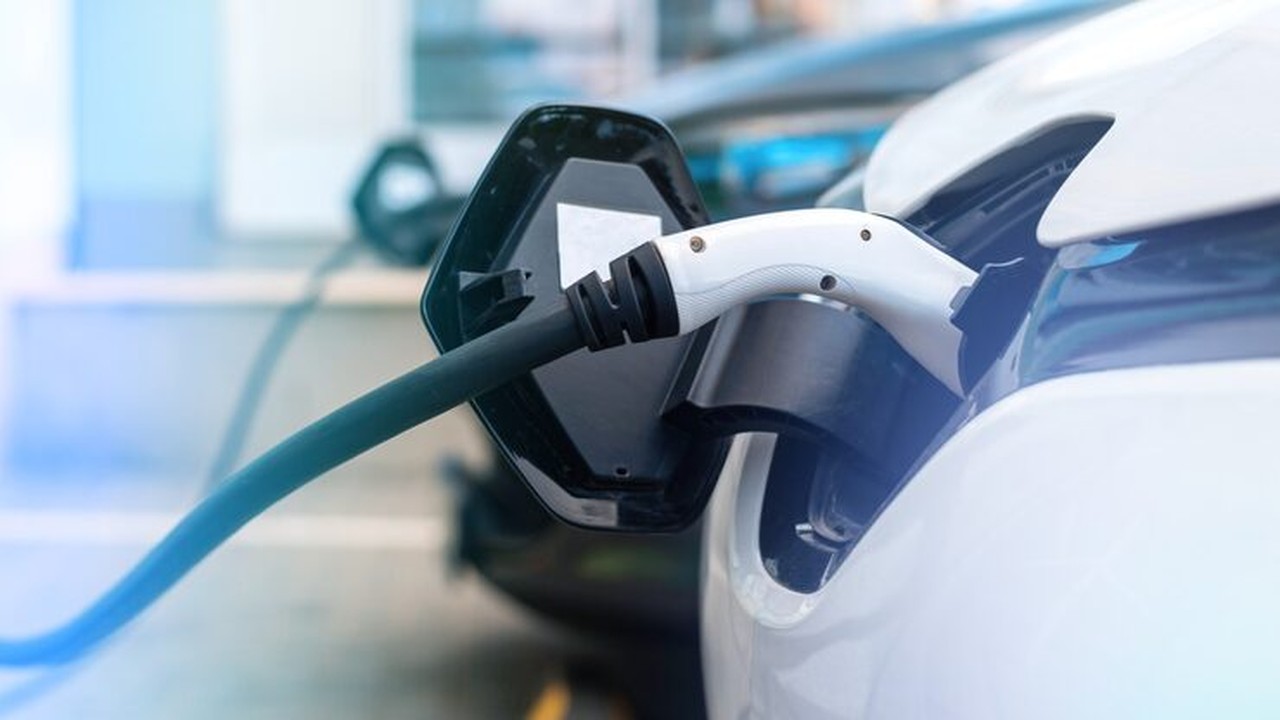 As the global shift towards clean energy gains momentum, the role of electric vehicles (EVs) becomes increasingly crucial. Chemours is at the forefront of driving sustainability in EV battery manufacturing through innovative chemistry. By revolutionizing lithium-ion battery production with advanced materials like fluoropolymer binders, Chemours is not only enhancing efficiency and cost-effectiveness but also reducing environmental impact. Discover how their cutting-edge solutions are propelling the EV industry towards a more sustainable future.
As the global shift towards clean energy gains momentum, the role of electric vehicles (EVs) becomes increasingly crucial. Chemours is at the forefront of driving sustainability in EV battery manufacturing through innovative chemistry. By revolutionizing lithium-ion battery production with advanced materials like fluoropolymer binders, Chemours is not only enhancing efficiency and cost-effectiveness but also reducing environmental impact. Discover how their cutting-edge solutions are propelling the EV industry towards a more sustainable future.
Revolutionizing Lithium-Ion Battery Production
The shift towards sustainable energy solutions is reshaping the automotive industry, with electric vehicles (EVs) playing a pivotal role in reducing carbon emissions. The Chemours Company stands out as a key player driving this transformation through its innovative approach to lithium-ion battery (LiB) manufacturing. By establishing the Chemours Battery Innovation Center (CBIC) and investing in advanced chemistry, Chemours is spearheading the development of more sustainable, cost-effective, and energy-efficient batteries. The utilization of advanced fluoropolymer binders in dry electrode coating processes not only eliminates the need for hazardous solvents but also enhances the overall efficiency of battery production. This strategic move not only aligns with sustainability goals but also positions Chemours as a leader in driving the EV industry towards a greener future.
In a recent study by Liu et al. (2021), the benefits of dry electrode coating in lithium-ion battery production were highlighted, emphasizing the potential for this technology to revolutionize the industry. By moving away from traditional wet slurry-based fabrication processes that pose environmental and health risks, companies like Chemours are paving the way for a more sustainable and scalable battery manufacturing ecosystem. The shift towards dry electrode coating not only streamlines production processes but also opens doors for further innovations in battery technology, such as energy-dense solid-state batteries (SSB). As the demand for EVs continues to rise, the strategic adoption of advanced materials by companies like Chemours will be instrumental in meeting these evolving market needs while upholding sustainability standards.
Enabling Cost Efficiency and Environmental Sustainability
The adoption of advanced fluoropolymer binders in battery electrode manufacturing is not only driving technological advancements but also yielding significant cost efficiencies for manufacturers. Traditional lithium-ion battery production processes involving solvents like N-methyl-2-pyrrolidone (NMP) are not only hazardous but also resource-intensive. By transitioning to dry electrode coating processes, companies can reduce operational costs associated with solvent recovery systems and energy-intensive drying processes. The Chemours Company's focus on sustainable chemistry not only enhances the environmental footprint of battery production but also contributes to the long-term cost savings for manufacturers. This strategic alignment between environmental responsibility and economic viability underscores the importance of integrating sustainability into core business operations.
Research by Kong et al. (2021) underscores the pivotal role of dry electrode coating in scaling up solid-state battery manufacturing for electric vehicles. As the automotive industry shifts towards cleaner energy sources, the need for more efficient and sustainable battery solutions becomes paramount. Companies leveraging advanced materials like fluoropolymer binders are not only meeting these demands but also setting new benchmarks for environmental stewardship within the industry. The strategic implications of adopting cost-effective and sustainable battery production processes extend beyond immediate financial gains, positioning companies like Chemours as pioneers in driving the transition towards a more sustainable energy ecosystem.
Driving Innovation and Collaboration in Battery Technology
The landscape of battery technology is undergoing rapid evolution, driven by a confluence of innovation in manufacturing processes and materials chemistry. The Chemours Company's commitment to fostering collaboration through the Chemours Battery Innovation Center (CBIC) underscores the importance of industry partnerships in driving technological advancements. By providing a platform for partners and customers to collaborate with Chemours' engineers, the CBIC facilitates the iteration and adoption of novel approaches to battery fabrication. This collaborative ecosystem not only accelerates the pace of innovation but also ensures that emerging technologies like dry electrode coating are effectively integrated into mainstream battery production processes. The strategic emphasis on collaboration not only enhances knowledge sharing but also propels the industry towards more sustainable and high-performing battery solutions.
In a study by Zhao et al. (2021), the role of solid-state batteries in powering electric vehicles was explored, emphasizing the technological and chemical considerations in advancing battery technology. As companies like Chemours continue to drive innovation in battery chemistry, the potential for solid-state batteries to revolutionize the EV industry becomes increasingly tangible. The strategic integration of advanced materials like fluoropolymer binders into battery manufacturing processes not only enhances performance but also sets the stage for a new era of energy-efficient and sustainable mobility solutions. By staying at the forefront of battery innovation and fostering collaboration across the value chain, companies can position themselves as key drivers of change in the global transition towards cleaner energy alternatives.
Conclusion
In the realm of electric vehicle battery manufacturing, Chemours emerges as a beacon of sustainability and innovation, reshaping the industry landscape with advanced fluoropolymer binders and dry electrode coating processes. By championing cost efficiency, environmental stewardship, and collaborative partnerships through the Chemours Battery Innovation Center, the company not only propels the EV sector towards a greener future but also sets a new standard for sustainable energy solutions. As the global push for clean mobility intensifies, Chemours' commitment to driving technological advancements underscores the transformative power of sustainable chemistry in shaping a more eco-conscious and efficient automotive ecosystem.